China issued another stern warning to the EU on Tuesday, calling for the timely termination of a probe against Chinese electric vehicle (EV) makers.
In response to a question over the probe, Chinese Foreign Ministry spokesperson Lin Jian said on Tuesday that China has repeatedly stated that the essence of EU's probe against Chinese EVs is trade protectionism, noting that the probe involves many unreasonable and non-compliant practices. Lin alleged that the so-called "China-subsidized project" allegation is simply untenable.
"China urges the EU to terminate the investigation as soon as possible to avoid harming the stability of China-EU economic and trade cooperation and industrial supply chains," said Lin, adding that China will not stand idly by and will take all necessary measures to firmly defend its legitimate rights and interests, if the EU persists in its actions.
The European Commission is expected this week to disclose the tariffs it plans to impose on Chinese EVs due to what it says are excessive subsidies, according to a Reuters report on Monday.
The move would follow a decision by Washington to quadruple its tariffs for Chinese EVs to 100 percent in May, but it has met plenty of opposing voices from EU industries and politicians.
Chinese experts said that the internal divisions among EU officials, member countries and businesses had shown the unreasonableness of efforts to artificially disrupt international trade and the global division of labor, and they warned the EU of the boomerang effect of the protectionist step it is about to take.
"The foundation for cooperation between China and some European countries such as Germany in the field of EVs is quite solid, and both sides have formed a community of shared interests," Cui Hongjian, a professor at the Academy of Regional and Global Governance with Beijing Foreign Studies University, told the Global Times on Tuesday.
Seen in this light, the EU's pending, unilateral decision to impose additional tariffs on Chinese EVs may not only affect Chinese interests but also harm European interests, potentially leading to internal conflicts and contradictions, Cui pointed out.
Cui emphasized that EU's practice violates WTO principles of fair and free trade and disrupts the environment of free and fair trade. The expert added that it may backfire on Europe. "The opposition lodged by some Nordic countries basically says this... Undermining WTO principles will cause negative consequences."
Officials from EU member countries such as Germany and Sweden have recently voiced opposition to potential tariffs on Chinese EVs.
During a press conference in Sweden on May 14, both Swedish Prime Minister Ulf Kristersson and German Chancellor Olaf Scholz voiced opposition.
"It is fundamentally a bad idea to dismantle global trade," Kristersson said when asked about the prospects for EU tariffs on Chinese cars, adding that "a wider trade war where we block each other's products is not the way to go for industrial nations such as Germany and Sweden."
Visiting a number of European countries, China's Minister of Commerce Wang Wentao pointed out that protectionism is not a solution, but a dangerous dead end, while responding to the recent anti-subsidy investigation by the EU into Chinese EVs.
The minister called on both sides to address each other's concerns through dialogue and communication.
While Chinese officials have not publicly announced any countermeasures they will take if the EU moves forward on the tariffs, there are plenty of options at China's disposal, experts said.
A prominent Chinese car industry insider's call for China to raise temporary tariffs on imported cars with engines larger than 2.5 liters, in order to reduce carbon emissions, has gained widespread attention. Such a move would have a major impact on car imports from the EU, experts said.
Whatever the EU does cannot affect China's competitiveness in the field of EVs or other green industries due to the industrial layout and core technologies that provide an advantage enjoyed by Chinese companies, said Cui.
"Despite Europe's protectionist measures, they cannot stop the development of China's EVs and green industries. On the contrary, this toughened-up environment may provide more growth opportunities for Chinese companies," he noted.









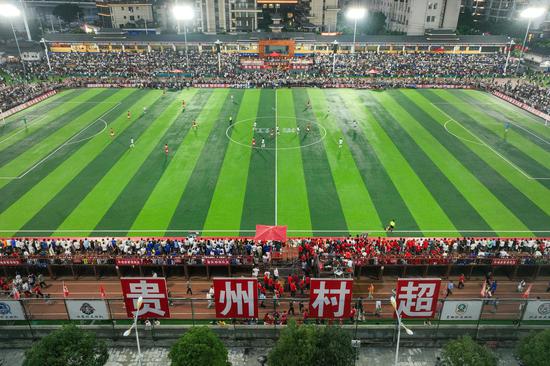
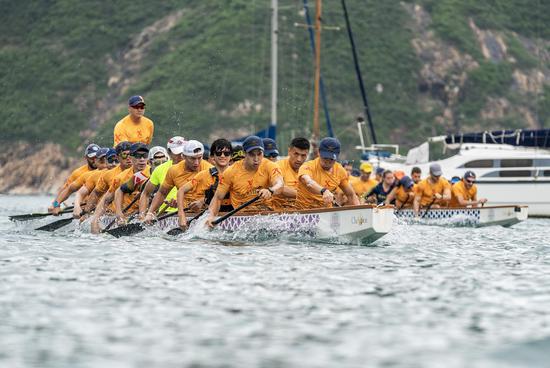

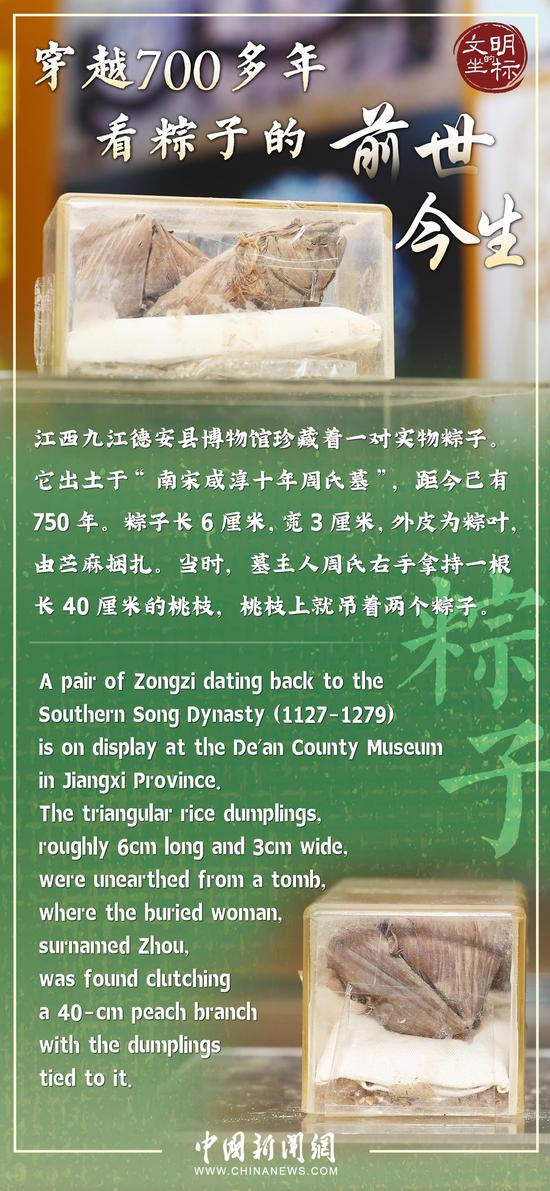

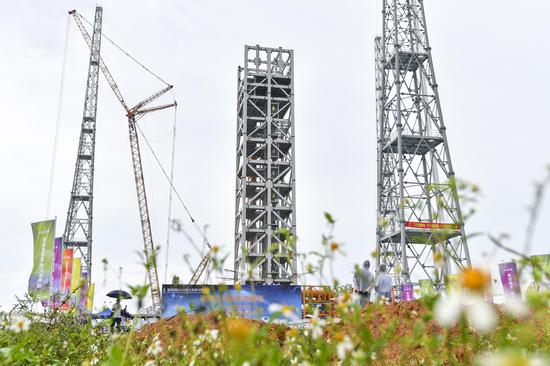


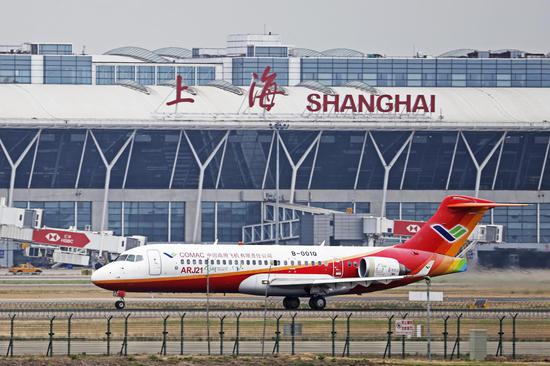




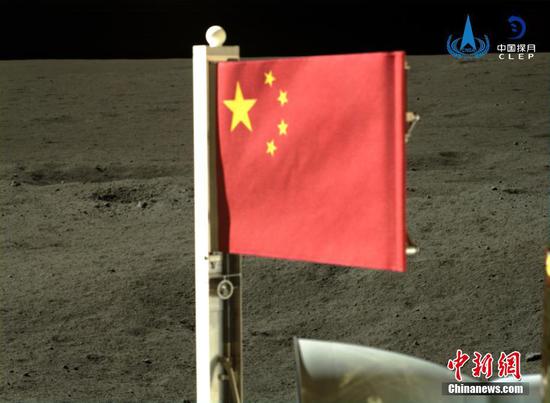




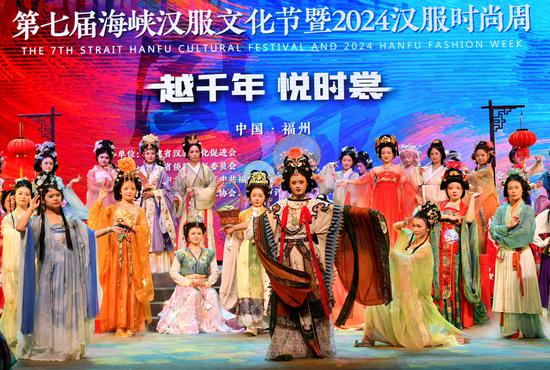

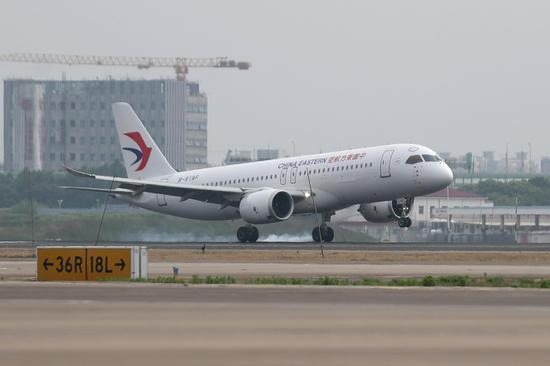


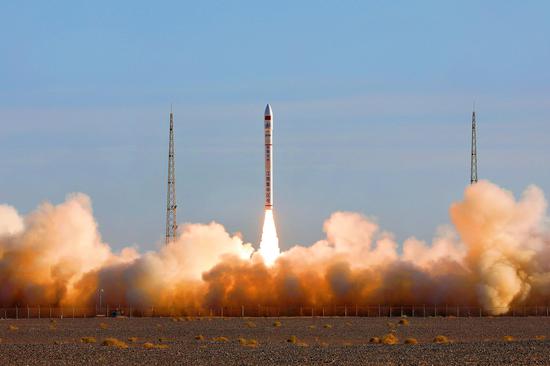
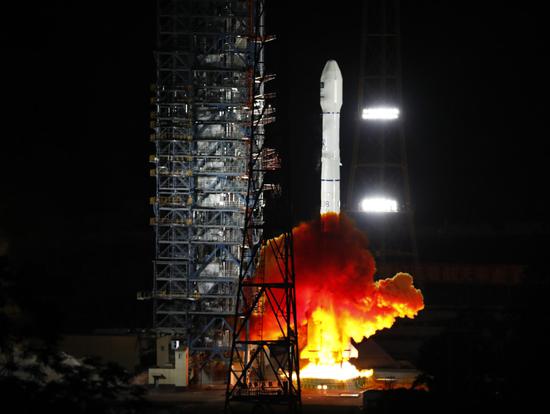
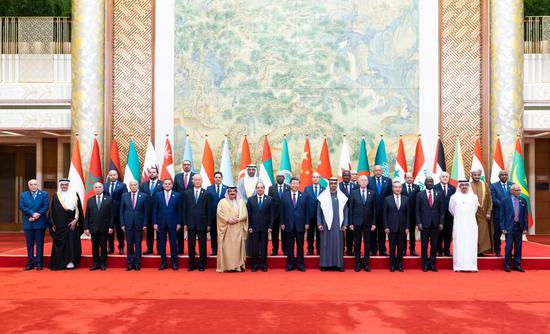

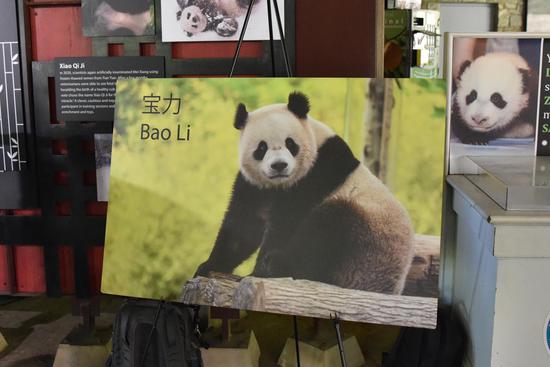


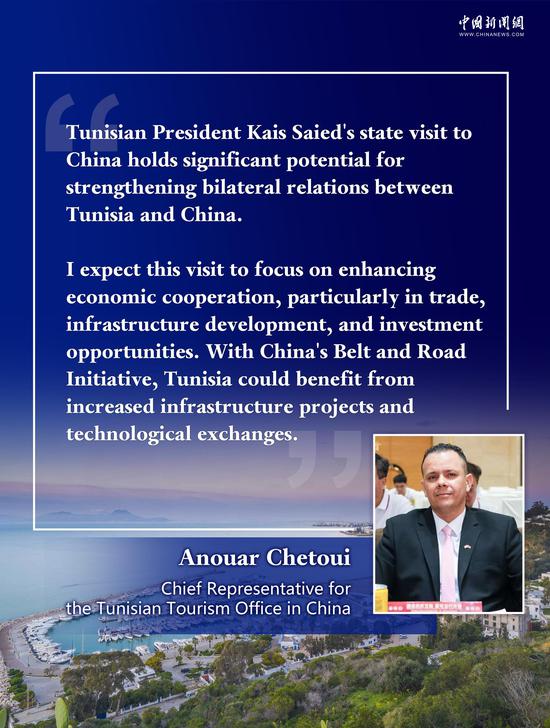
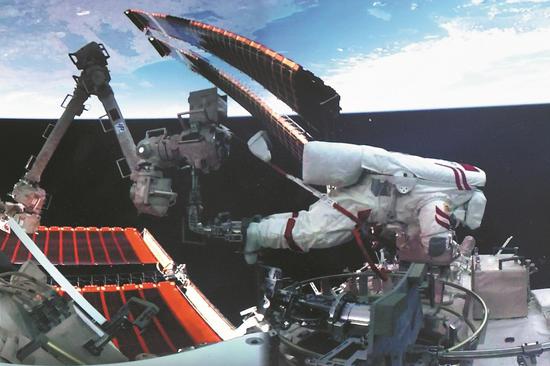


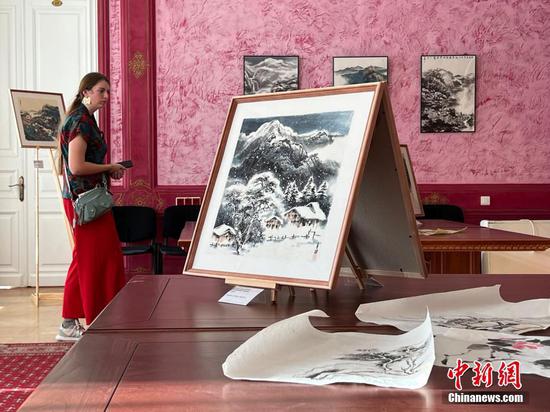






 京公网安备 11010202009201号
京公网安备 11010202009201号